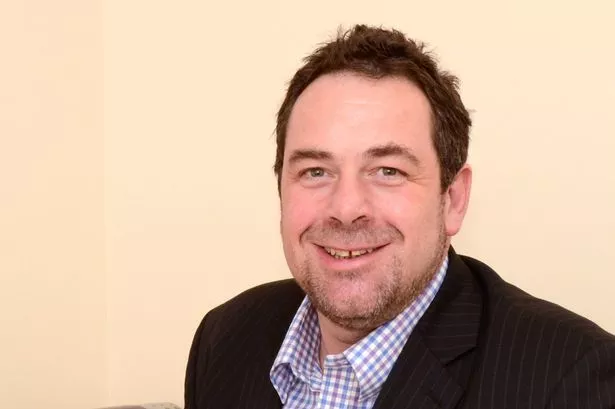By Charlotte Webster-
An east London NHS trust, the Barking, Havering and Redbridge University Hospitals NHS Trust (BHRUT), has announced that it will not launch an investigation into the hiring of Tony Chambers, the former CEO who had overseen the Countess of Chester NHS during the time when serial killer Lucy Letby committed her atrocious crimes.
This decision has raised concerns and questions about the trust’s due diligence in hiring top executives.
Tony Chambers was appointed as BHRUT’s interim CEO in January 2020, putting him in charge of important medical facilities such as the King George Hospital in Goodmayes and Romford’s Queen’s Hospital, which houses a busy maternity unit.
Prior to joining BHRUT, Chambers had resigned from his position as the chief executive of the Countess of Chester NHS Trust in September 2018, just two months after Lucy Letby’s arrest, and were he was earning a handsome £160,000 a year.
He received an additional £80,000 after he resigned.
Lucy Letby was recently convicted of murdering seven babies and attempting to murder six others.
During her trial, it was revealed that concerns had been raised by staff about her actions, but her killing spree continued, with bosses failing to intervene effectively.
NHS chief executive Amanda Pritchard yesterday said in a weekly bulletin to staff that an inquiry into how the nurse was able to murder seven babies will be “an important source of learning”, but that the service should also consider what can be done now.
Public Inquiry into Letby Case
Ex-Labour MP Jacqui Smith, who serves as the chair of BHRUT’s board, acknowledged the gravity of the Letby case and announced that it would be the subject of a public inquiry.
Smith expressed the possibility that BHRUT might be asked to contribute to the inquiry due to the connection between Tony Chambers, who served as the interim CEO at BHRUT from January 2020 to August 2021, and the Countess of Chester NHS Trust at the time.
The inquiry aims to investigate whether significant decisions related to quality and safety were made during Tony Chambers’s tenure at BHRUT and whether concerns raised through whistleblowing cases were appropriately addressed.
The focus of the inquiry is solely on Tony Chambers’s tenure at BHRUT and does not extend to the decision to hire him as the CEO. This distinction has prompted questions about the accountability and vetting processes for hiring top executives in the NHS.
Reports indicate that after Tony Chambers resigned amid the Lucy Letby scandal, he faced challenges in securing similar positions in the north-west of England.
Chambers claimed in a since-deleted blog that he had been “persuaded” to take the job at BHRUT by his friend Sir David Sloman, NHS England’s regional director for London. However, NHS England stated that Sir David Sloman was unaware of the events at the Countess of Chester at the time of Chambers’ appointment.
NHS England also highlighted that a national records system shared among all NHS organizations and increased background checks were in place when hiring top executives.
Transparency Demanded
In response to these developments, questions have arisen about whether lobbying played a role in Chambers’ recruitment at BHRUT and who was involved in the panel that appointed him.
Additionally, requests have been made for a copy of the reference Chambers received from the Countess of Chester Trust.
While BHRUT declined to answer these questions or provide the requested document, demands for transparency have led to requests for documents under the Freedom of Information Act from both BHRUT and NHS England.
Many observers believe Chamber should be investigated as part of the probe into the callous killings committed by Lucy Letby.
Bosses who should be held to account for serious failings all to often find a way to escape the required level of accountability.




